If a homeowner wants to protect their investment or financial aid recovering from an unexpected disaster, home insurance is a necessity. It will also be required by your lender if your home is mortgaged.
But home insurance doesn’t mean that you’re covered for any and all potential problems. Even the most comprehensive policies will have exclusions, which are perils that are not covered under your policy.
To help you understand home insurance policy exclusions, we discuss eight common exclusions and explain if you can get additional coverage to protect your home.
Shifting Earth
While it might come as a surprise, damage caused by movements of the earth are often an exclusion listed on home insurance policies. This means you won’t be covered for damage caused by sinkholes, mudflows, earthquakes and other earth shifts.
The good news is that many homeowners can purchase an endorsement (add-on coverage) that will protect against this type of damage. This endorsement is called earthquake insurance but covers different types of damage caused by shifting earth. If your home is in an area at risk for an earthquake, mudslide or other earth movements, this extra insurance can be an excellent complement to your main policy.
The only downside is that earthquake insurance has a much higher deductible than your regular home insurance deductible. That means claiming damage from an earthquake or earth movement generally requires a significant loss. Still, the Insurance Bureau of Canada advises homeowners in quake-prone regions such as parts of Quebec (especially around Montreal) the Ottawa Valley and B.C to look into the extra coverage.
 Mould
Mould
Mould is a result of water issues being unaddressed, which is why it’s not often covered by home insurance. Proper maintenance can often prevent mould growth and therefore it’s not an unexpected event.
However, there are some scenarios where mould remediation would be covered: If the mould was the result of a covered peril such as a burst pipe and the delay was due to conditions or contractor shortages meaning the water did not get cleaned up fast enough to prevent mould growth.
Whatever the case, mould is often listed as an exclusion on your policy and proper home maintenance, prompt attention to water issues, and catching water-related claims early are imperative to preventing mould growth.
 Flooding
Flooding
Natural and man-made floods are listed as exclusions under a standard home insurance policy. However, you can purchase additional protection that covers flooding damage.
Overland water coverage is the “flooding” endorsement you can add to your home insurance to cover the sudden overflow of a body of water or accumulation of precipitation or meltwater – essentially, flooding. It’s often paired with sewer backup coverage and sold as a package.
Keep in mind, not all insurers provide overland water endorsements. Some offer only very limited coverage such as only covering precipitation accumulation and meltwater and not the overflow of rivers or other bodies of water. This coverage also may not be available to all homeowners due to their proximity to hazards such as rivers and the likelihood of flooding.
 Dangerous Dogs
Dangerous Dogs
Would it shock you to learn that dog bites account for more than one-third of liability claims against a homeowner’s policy? These statistics are also why some dog breeds are excluded under your home insurance. This includes dogs labelled as more aggressive or dangerous, fairly or unfairly, such as pit bulls.
You should disclose if you have a dog and some insurance companies will explicitly ask you about your pets and their breeds. If you do have a dog that is excluded, that doesn’t mean you don’t have personal liability coverage, it just means you won’t have this protection in the case your dog hurts someone and you are sued.
Not all insurers discriminate amongst breeds, so it’s a good idea to speak to your broker if you have concerns.
 Government Action
Government Action
If an army marched through your home or armed police officers stormed into your dining room, the damage they cause is excluded by your home insurance. This also applies if government authorities confiscate your belongings, condemn your home, or take over your property.
There is no endorsement that can be purchased by homeowners to extend this coverage.
 Nuclear damage
Nuclear damage
If you live near a nuclear power plant, your home insurance won’t cover damage caused by nuclear accidents. Nuclear power companies are required to have their own liability insurance to cover damages, however, there is no endorsement available to homeowners living near a nuclear plant.
 Infestations
Infestations
Nobody likes the idea of bug or rodent infestations—particularly your insurance provider. Despite the nuisance and ick-factor, infestations from bedbugs, termites, mice and other vermin are typically excluded from home insurance coverage. This is in part because infestations are not sudden and accidental and generally take time to manifest. Proper maintenance and prompt action against pests can prevent them from causing damage. It’s important to act quickly if there are problems, as costs only go up the longer you wait.
 Wear and Tear
Wear and Tear
Home insurance excludes wear and tear damage as it is designed for sudden and unexpected events. Wear and tear are expected and happens over time. This is why proper home maintenance is so important – it helps protect your home, prevent issues, and lengthens the life of your home’s materials. Insurance companies expect you to take care of the basics when it comes to your home and won’t cover claims relating to wear and tear.
Understanding what your home insurance policy excludes is important as it can help you make good decisions concerning your home. It also helps you understand claims and what coverage you can expect.
Reading your policy documents can be a struggle, but it’s an important step for all homeowners. Remember, your broker is here to explain your coverage and answer your questions.
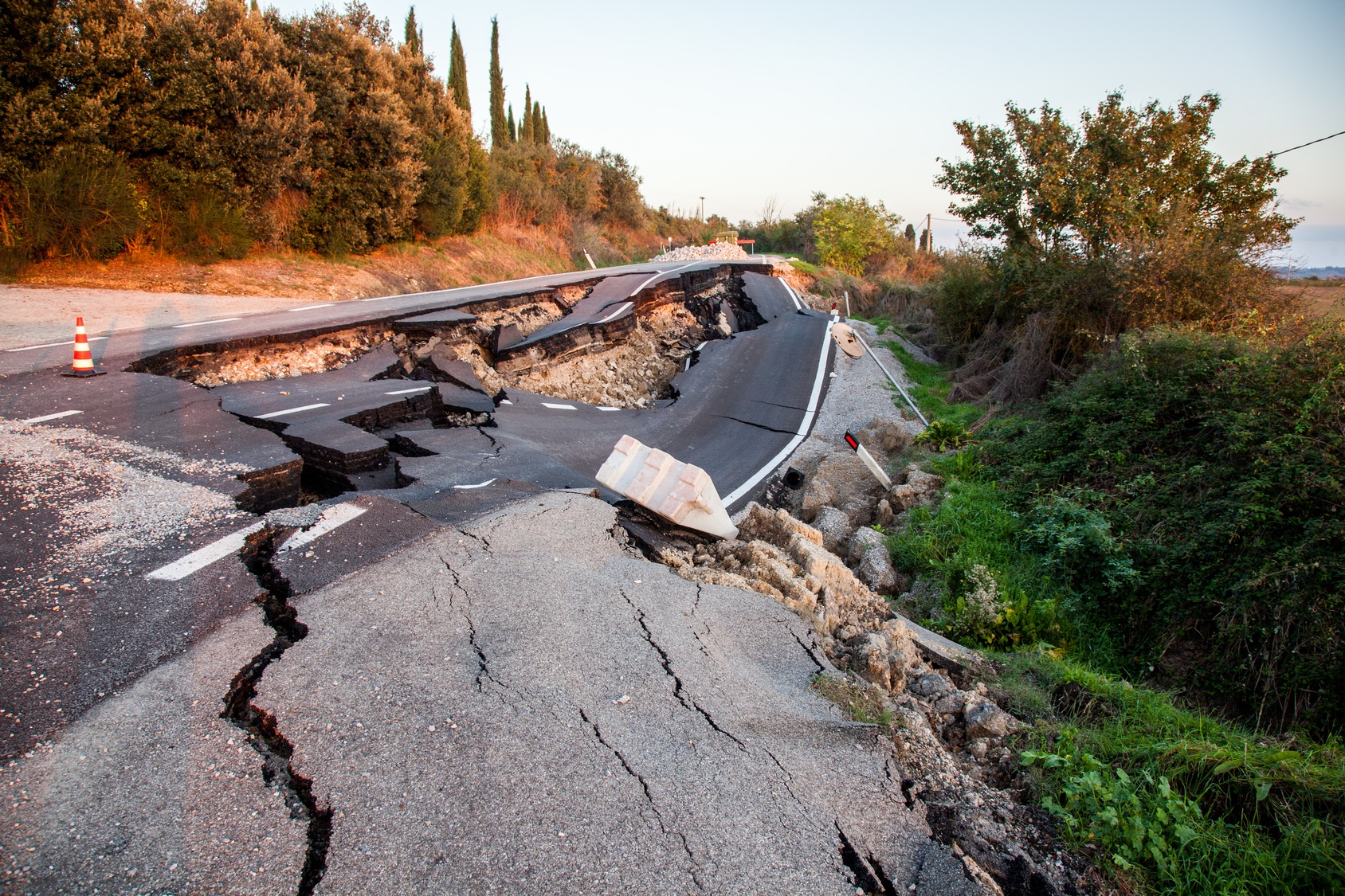
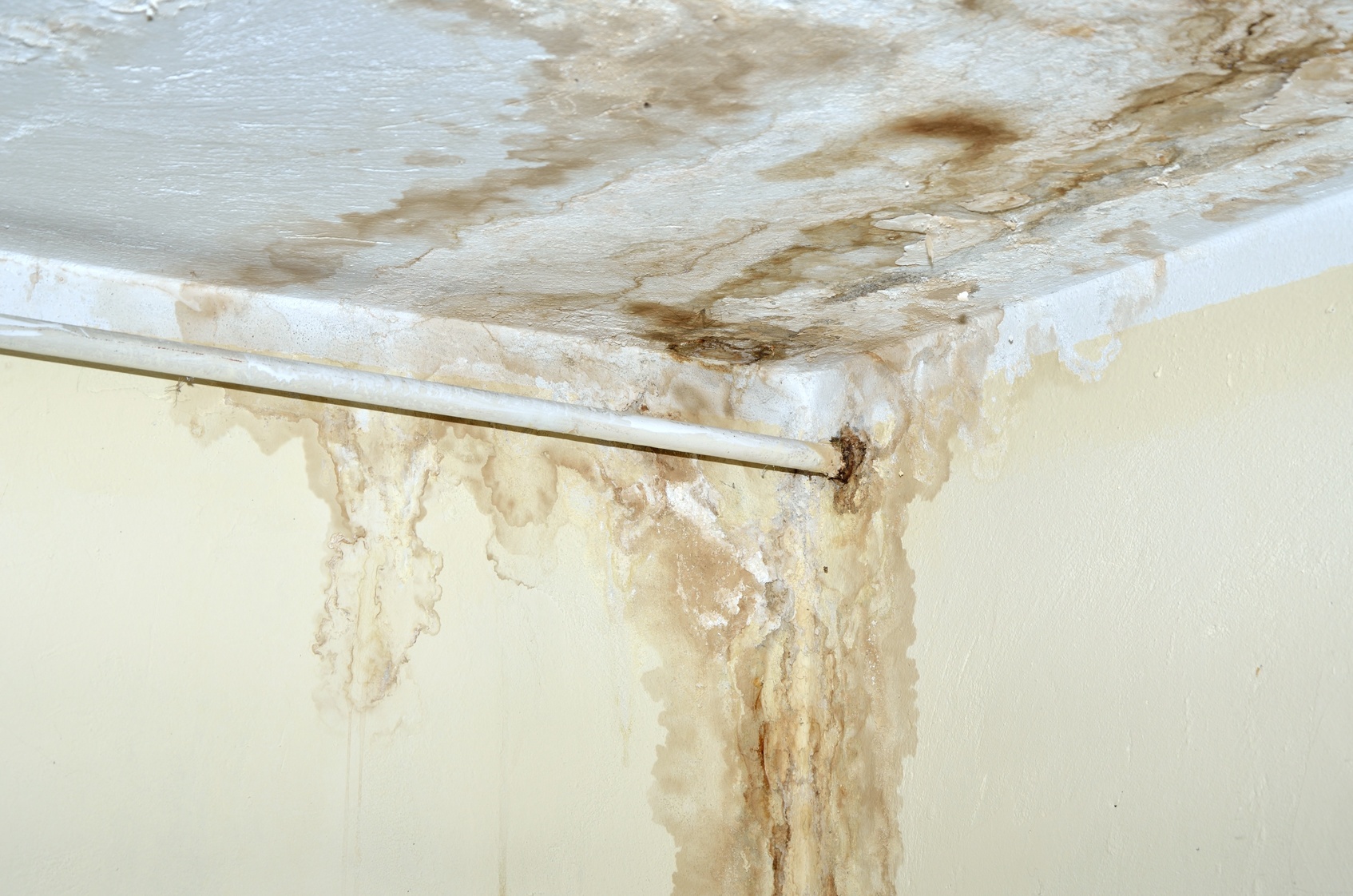 Mould
Mould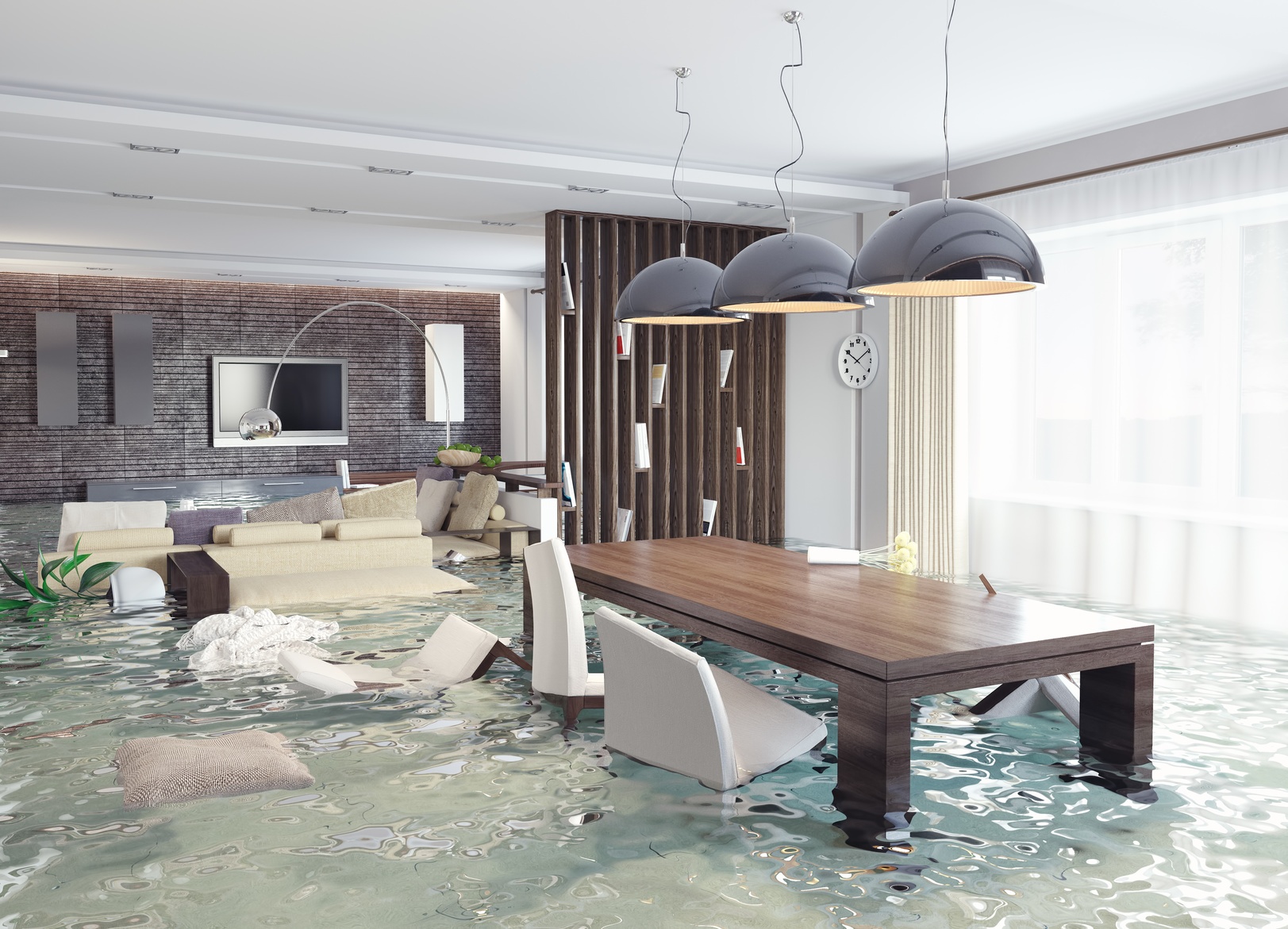 Flooding
Flooding Dangerous Dogs
Dangerous Dogs Government Action
Government Action Nuclear damage
Nuclear damage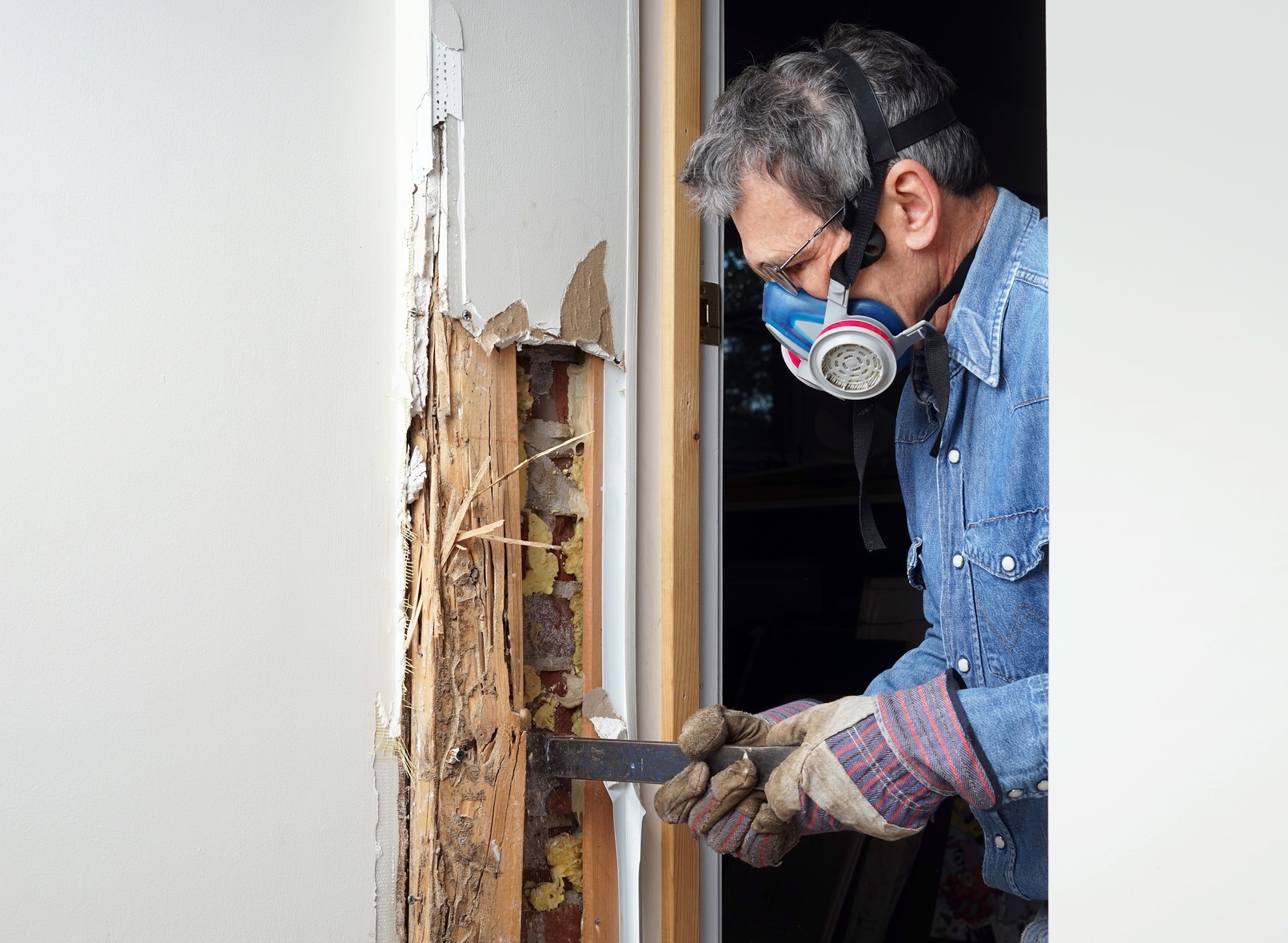 Infestations
Infestations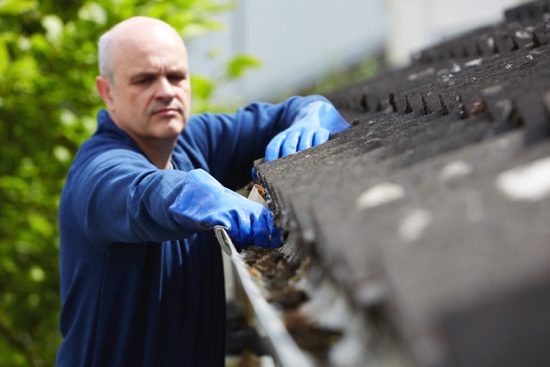 Wear and Tear
Wear and Tear